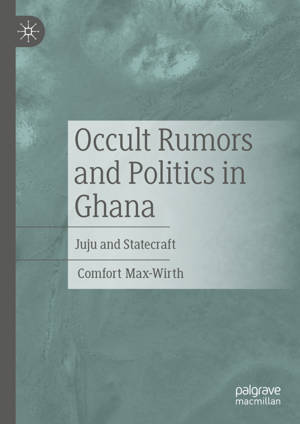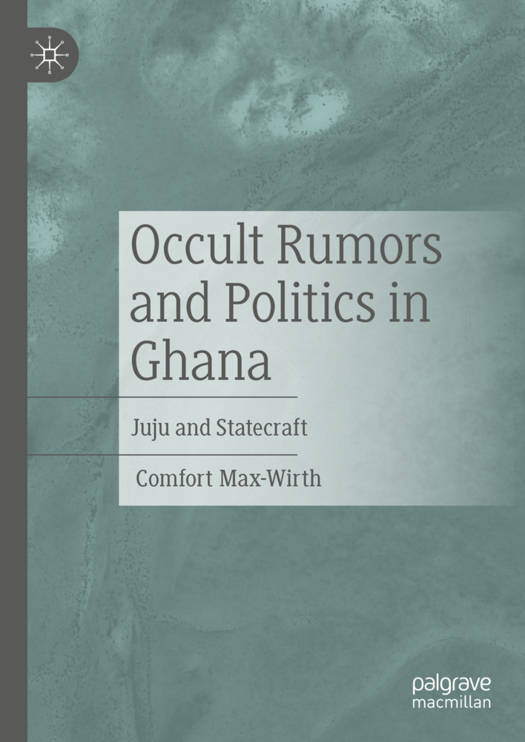
- Retrait gratuit dans votre magasin Club
- 7.000.000 titres dans notre catalogue
- Payer en toute sécurité
- Toujours un magasin près de chez vous
- Retrait gratuit dans votre magasin Club
- 7.000.000 titres dans notre catalogue
- Payer en toute sécurité
- Toujours un magasin près de chez vous
Description
This book addresses the phenomenon of rumors about the occult in contemporary Ghanaian politics. Drawing on data from fieldwork interviews and analysis of case studies, it examines: why political rumors in Ghana often focus on the occult; what political-occult rumors accomplish and for whom; the ways in which Ghanaian politicians use rumors about the occult to gain political advantage; and some of the popular attitudes of the electorate to the rumors. The book demonstrates that political-occult rumors have become important tools in the hands of Ghanaian politicians to gain political advantage over opponents, and the electorate as means to critique the actions and behavior of political actors and the political process, generally. In a nutshell, this book highlights the important role of occult rumors in modern Ghanaian politics, with a particular focus on the period between the late 1970s and present. The main thrust of the argument in this book is that the flourishing of political-occult rumors and the strength of Pentecostalism are related, and that far from being a phenomenon existing on the margins of modern Ghanaian society, the occult is powerful, public and mainstream.
Spécifications
Parties prenantes
- Auteur(s) :
- Editeur:
Contenu
- Nombre de pages :
- 208
- Langue:
- Anglais
Caractéristiques
- EAN:
- 9783031598067
- Date de parution :
- 05-06-24
- Format:
- Livre relié
- Format numérique:
- Genaaid
- Dimensions :
- 28 mm x 193 mm
- Poids :
- 408 g







